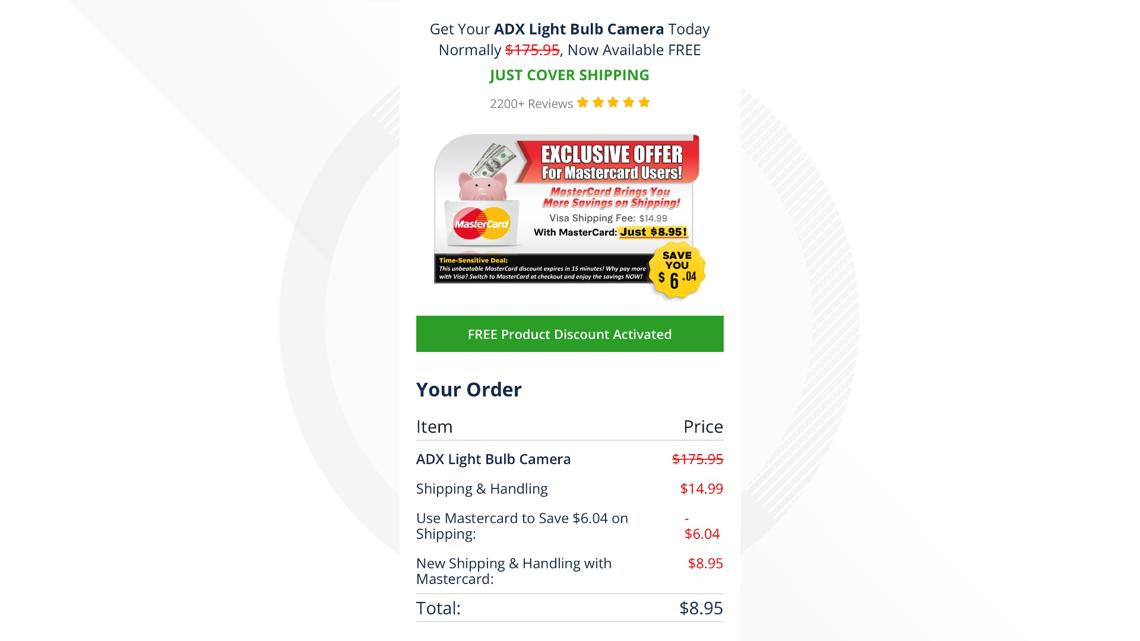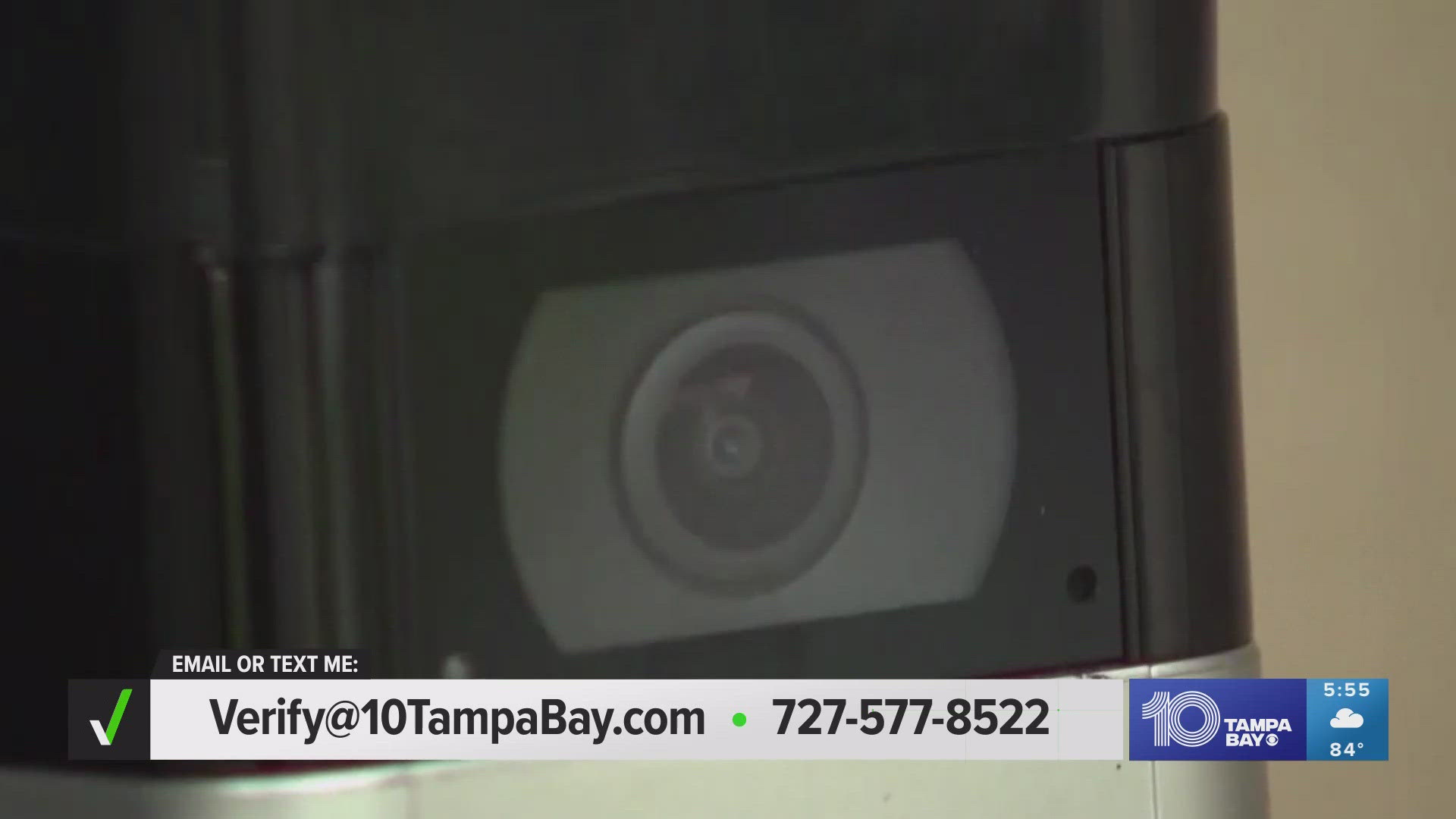TAMPA, Fla. — For many, securing their home is a top priority.
It’s estimated one in every three houses in the U.S. now has a doorbell camera, according to market research by SafeHome. But that security comes at a cost.
So when VERIFY viewer Aaron C. in Tampa saw what appeared to be a story about the launch of a “free security camera program for eligible residents,” he reached out to see if it was legit.
Aaron said he saw the post about the program while scrolling through Newsbreak, an app that aggregates local news based on your location. It reads, “Tampa residents are encouraged to check their eligibility immediately” for the program, which it claims is in response to a recent surge in community theft and security complaints.
THE QUESTION
Is a free security program for eligible residents legit?
THE SOURCES
- Federal Trade Commission (FTC)
- Jonee Lewis, spokesperson Tampa Police Department
- Central Washington University
- Research on native advertising
THE ANSWER
No, a free security program for eligible residents is not legit. It’s a paid advertisement.
WHAT WE FOUND
No such “free” security camera program exists, Tampa Police Department spokesperson Jonee Lewis confirmed to VERIFY.
The department only has an opt-in program where residents and business owners can choose to share video surveillance footage from their private camera systems to help solve crimes.
The post in question is labeled “for immediate release” with what appears to be a police seal and a headline specific to Tampa residents.
But it’s not a legitimate news story or press release. It’s what’s known as native advertising, which are ads designed to, “blend in with other content by taking the form of an article, video, podcast or editorial,” according to research by Central Washington University.
Advertisements that look like real news often must be labeled as ads, according to the Federal Trade Commission (FTC).
In this case, the disclaimer appears at the very bottom where it reads, “this is an advertisement and not an actual news article, blog or consumer update.” Recent studies on native advertising have found these labels are mostly unsuccessful in helping consumers distinguish it as advertising.
The post also uses urgent language like, “residents are encouraged to check their eligibility immediately,” which the FTC warns could also signal it’s a scam.


A link to "check eligibility" by for your zip code ultimately redirects to a page to enter your credit card information to cover the shipping and handling costs of the "free" camera.
A deadline for readers to “claim their free security camera” also appears to change with each visit, VERIFY observed, listing the date for the following day to create a sense of urgency. For example, when VERIFY accessed the page on April 22, the deadline was April 23. But when VERIFY again accessed the page on April 29, the deadline changed to April 30.

